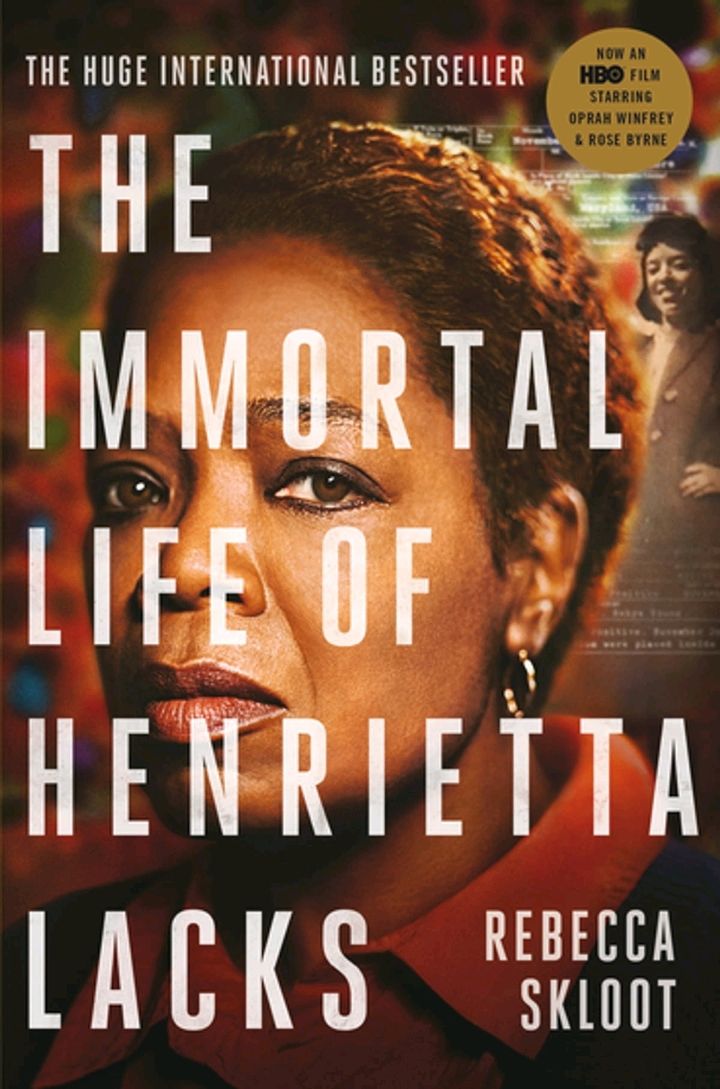Audio available in app
Henrietta's cells have been instrumental in medical breakthroughs from "summary" of The Immortal Life of Henrietta Lacks by Rebecca Skloot,Gregory Mone
Henrietta Lacks, a poor African American woman from Baltimore, unknowingly made a significant contribution to the field of medical research. In 1951, Henrietta sought treatment at Johns Hopkins Hospital for a painful lump on her cervix. During her examination, a sample of her cancerous cells was taken without her knowledge or consent. These cells, known as HeLa cells, would go on to become one of the most important tools in biomedical research. Unlike other cells at the time, Henrietta's cells were able to divide and multiply indefinitely, making them invaluable for studying diseases and developing treatments. Scientists were able to grow large quantities of these cells in culture, allowing for experiments that were previously impossible. HeLa cells have been used in countless studies, leading to breakthroughs in areas such as cancer research, virology, genetics, and drug development. The impact of Henrietta's cells on medical science cannot be overstated. They have been crucial in developing vaccines for diseases like polio, studying the effects of radiation and toxins on human cells, and understanding the genetic basis of cancer. HeLa cells have been sent to laboratories around the world and have been featured in over 74,000 studies. Despite their widespread use in research, the story of Henrietta Lacks and her cells was largely unknown for decades. Her family was not informed about the existence of HeLa cells until many years later, and they have not received any financial compensation for their contribution to science. The ethical implications of using Henrietta's cells without her consent continue to be a topic of debate in the scientific community. The story of Henrietta Lacks and her immortal cells serves as a reminder of the complex relationship between science, ethics, and the individuals whose bodies are used in research. While HeLa cells have revolutionized medicine and saved countless lives, it is crucial to remember the woman behind the cells and the impact that their use has had on her family. Henrietta's legacy lives on through her cells, which continue to shape the future of medical research.Similar Posts
Human Genome Project in jeopardy
The Human Genome Project was facing a critical juncture, a moment when the monumental effort to decipher the genetic code of hu...

Animal rights extend to all sentient beings
The idea that animal rights should extend to all sentient beings is a radical notion that challenges the conventional wisdom ab...
HeLa cells revolutionized medicine and led to breakthroughs in treatment
The impact of HeLa cells on the field of medicine cannot be overstated. These cells, taken from Henrietta Lacks without her kno...
Henrietta's family sought acknowledgment of her contributions to science
Henrietta's family, driven by a deep sense of injustice and a desire for recognition, embarked on a mission to shed light on he...

Henrietta's story highlights the importance of recognizing patients' contributions to science
Henrietta Lacks may have been an ordinary woman in many respects, but her impact on science is nothing short of extraordinary. ...

Skloot presents a balanced view of the complex issues surrounding Henrietta's story
Rebecca Skloot delves into the intricate web of ethical, legal, and scientific complexities that surround Henrietta Lacks' stor...
Henrietta's family felt forgotten and exploited
Henrietta's family found themselves caught in a web of confusion and frustration as they grappled with the aftermath of Henriet...
Scientists profited from the commercialization of HeLa cells
Scientists all over the world have benefited greatly from the commercialization of HeLa cells. These cells have been used in co...
